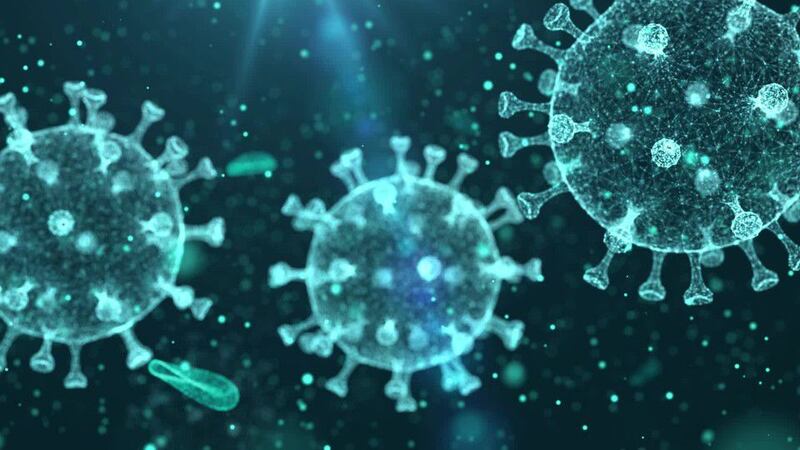A U.S. intelligence report indicating that three researchers at the Wuhan Institute of Virology in China became sick with a flu-like illness and had to be hospitalized is adding fuel to the debate over the origins of the COVID-19 virus that has killed some 3.4 million people worldwide.
According to the report obtained by The Wall Street Journal, a group of researchers at the lab in the city that became ground zero for the virus became sick at the end of 2019 “with symptoms consistent with both COVID-19 and common seasonal illness.”
According to the Journal, the intelligence report shows that the researchers became ill and went to the hospital in November 2019, before the outbreak was confirmed. China reported that the first case of someone presenting with COVID-19 symptoms was on Dec. 1, 2019. It took until the end of the month, Chinese officials said, before it was realized that what they were dealing with was a novel coronavirus.
The intelligence report did not say what made the researchers sick or whether it could have been related to the COVID-19 virus, the Journal reported. COVID-19 and the flu share many symptoms.
The Journal said current and former officials familiar with the U.S. intelligence expressed a range of views about the strength of the report’s supporting evidence, with one unnamed person saying it needed “further investigation and additional corroboration.”
The State Department in January put out a fact sheet that said the U.S. had evidence researchers at the Wuhan Institute of Virology had been sick in the fall of 2019 with COVID-19-like symptoms and that the lab had a history of military research.
“The virus could have emerged naturally from human contact with infected animals, spreading in a pattern consistent with a natural epidemic. Alternatively, a laboratory accident could resemble a natural outbreak if the initial exposure included only a few individuals and was compounded by asymptomatic infection. Scientists in China have researched animal-derived coronaviruses under conditions that increased the risk for accidental and potentially unwitting exposure.”
The director of the Wuhan National Biosafety Lab strongly denied the implication that the virus had its origin in the lab.
“I’ve read it, it’s a complete lie,” director Yuan Zhiming told state-run tabloid Global Times. “Those claims are groundless. The lab has not been aware of this situation, and I don’t even know where such information came from.”
The Wuhan National Biosafety Lab is part of the Wuhan Institute of Virology.
White House press secretary Jen Psaki was asked about the report during Monday’s White House press briefing.
“We don’t have enough data and information to jump to a conclusion at this point in time,” Psaki said when asked about the chance that the virus escaped from a lab instead of originating in nature.
On Sunday, China’s foreign ministry spokesperson, Zhao Lijian, pointed to a conclusion by the World Health Organization that a lab leak of the virus was extremely unlikely.
“The U.S. continues to hype the lab leak theory,” the foreign ministry said in response to a request for comment by The Wall Street Journal. “Is it actually concerned about tracing the source or trying to divert attention?”
In an event hosted by PolitiFact and the Poynter Institute two weeks ago, Dr. Anthony Fauci, director of the National Institute of Allergy and Infectious Diseases, said he was “not convinced” that COVID-19 developed naturally, meaning it was a virus that was transmitted from an animal to humans.
“I am not convinced about that. I think that we should continue to investigate what went on in China until we find out to the best of our ability what happened,” he said.
“Certainly, the people who investigated it say it likely was the emergence from an animal reservoir that then infected individuals, but it could have been something else, and we need to find that out,” Fauci said. “That’s the reason why I said I’m perfectly in favor of any investigation that looks into the origin of the virus.”
Cox Media Group








